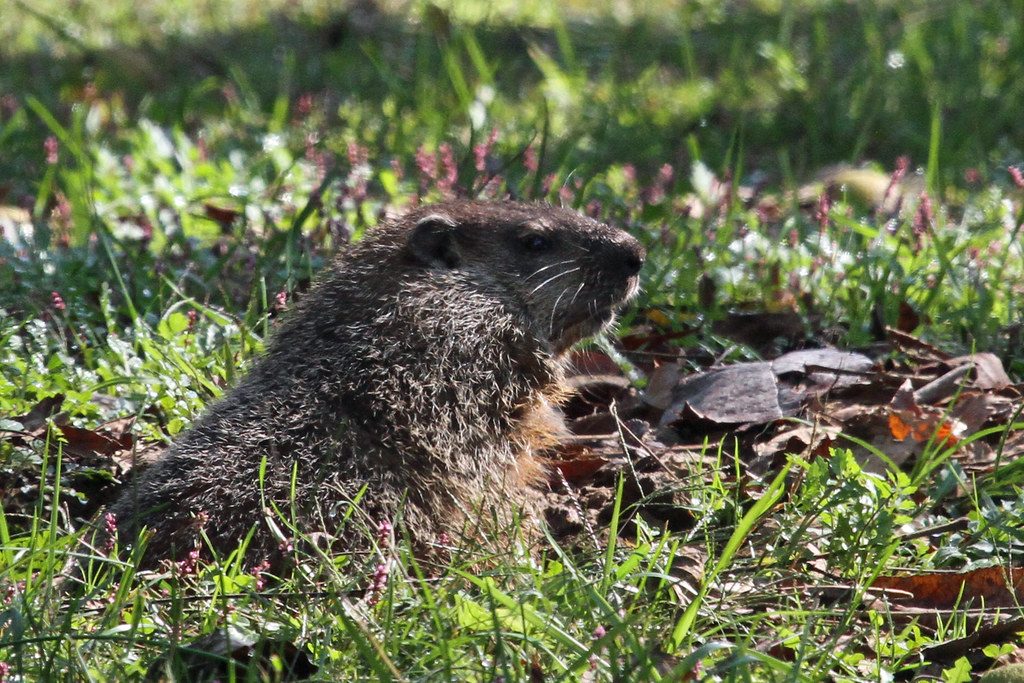The freezing temperatures of the last few weeks would have just about anybody dreaming they could sleep through it and emerge in the spring. Hibernation does seem like a pretty appealing option.
Rodents such as the thirteen-lined ground squirrel and the groundhog enter states of “true” hibernation each winter. True hibernators are able to dramatically drop their heart rates, respirations, and body temperature to extremely low levels. While they will occasionally get up to eat from food stores every few weeks, hibernating animals appear dead.
True hibernation differs from the “hibernation” of bears, skunks, raccoons, and opossums, who are easily awakened from what is essentially just a long nap.
Thirteen-lined ground squirrels (Ictidomys tridecemlineatus) live in the restored prairies of the Arb and dig well-hidden burrows. They are small and social animals, and have a similar role to tree squirrels in forest ecosystems. They are popular prey– around 90% of newborns die from predation before they reach their first winter, typically by badgers, weasels, and hawks.
To prepare for the onset of winter, thirteen-lined ground squirrels put on a heavy layer of fat and collect food in their burrows in the late summer. The brown adipose fat tissue they accumulate helps keep them warm and allows them to emerge from hibernation healthy and ready for mating.
Groundhogs, also known as woodchucks (Marmota monax), are a larger cousin of ground squirrels. They are solitary rodents and build large, complex burrow networks at the edges of forests and in forest clearings. Groundhogs are also known to dig under buildings, and have built some of their own tunnels under Carleton’s campus!
When spring eventually rolls around next month, keep your eyes peeled for rodents emerging from a very deep sleep!
—Samara Kroeger ‘21, for the Cole Student Naturalists

Add a comment